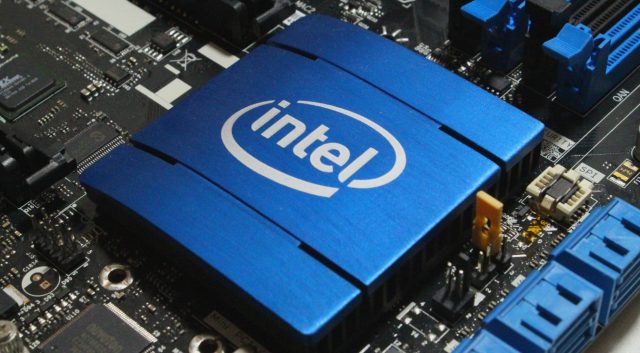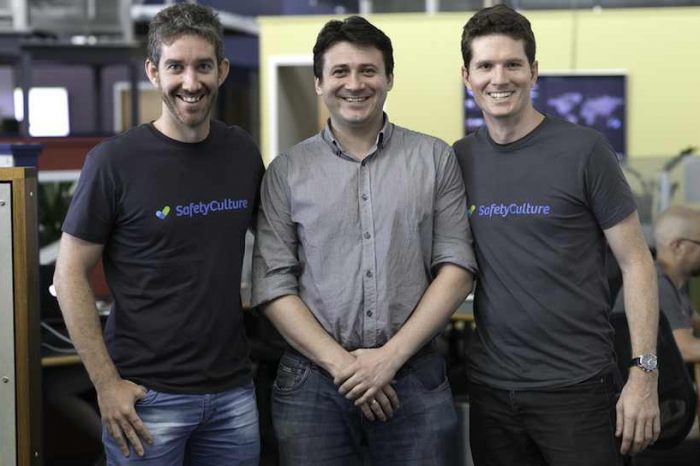Intel to invest $400 million in Israel to turn Mobileye unit into an R&D campus for developing self-driving car technologies

Intel Corp announced on Sunday it will invest another $600 million in Israel to expand its research and development (R&D) and confirmed it was spending $10 billion on a new chip plant, according to a report from Reuters.
The microchip giant made the announcement during a one-day visit to Israel by Intel Chief Executive Pat Gelsinger as part of a European tour that included Germany and Belgium last week.
As part of the $600 million investment, Intel said it will invest $400 million to turn its Mobileye unit headquartered in Jerusalem into an R&D campus for developing self-driving car technologies. The remaining $200 million will be invested in building an R&D centre, called IDC12, in the northern port city of Haifa next to its current development centre, Reuters reported.
The “mega chip design” facility will have a capacity of 6,000 employees when it becomes operational, Intel said.
In March 2017, Intel Israel-based bought startup Mobileye for $15.3 billion. The deal was completed in August of the same year. The acquisition couples the best-in-class technologies from both companies, including Intel’s high-performance computing and connectivity expertise and Mobileye’s leading computer vision expertise to create automated driving solutions from the cloud through the network to the car.
As we also reported last year, Intel also acquired another Israeli startup Moovit, a Mobility as a Service (MaaS) provider and the number one public transit app used by hundreds of millions of commuters worldwide, in a deal that valued the startup at around $900 million. Moovit has grown to be one of the most popular apps for providing commute-planning services for 800 million users in more than 3,000 cities and over 100 countries around the world.
Israel’s Finance Ministry in early 2019 said Intel would get a $1 billion grant to build an $11 billion chip plant, although at the time Intel would not confirm the amount.
On Sunday, Intel said the investment would be $10 billion and the first phase of construction has begun. Its current Fab 28 plant at the company’s Kiryat Gat site produces 10 nanometres (nm) chips.
Intel has not disclosed whether the new plant will produce smaller chips, which can increase efficiency, but in March it said it was building two 7 nm chip plants in Arizona for some $20 billion.
Intel Israel’s exports grew to a record $8 billion in 2020 from $6.6 billion in 2019, accounting for 14% of total high-tech exports and 2% of Israel’s GDP. To date, Intel is the largest employer of Israel’s high-tech industry with nearly 14,000 workers.




